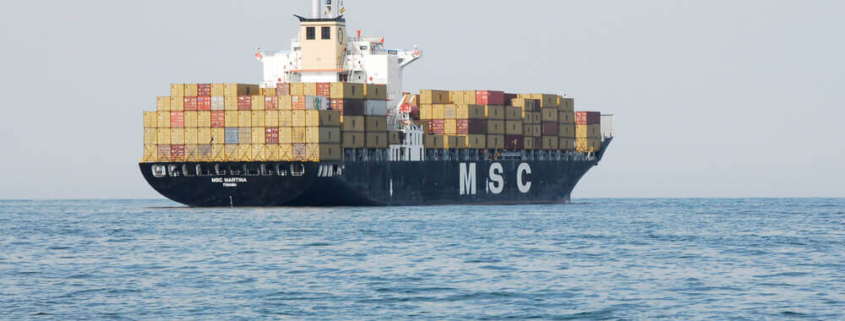The Impact of Sleep Deprivation on Maritime Injuries
The maritime workers of Biloxi play a critical role in the economy, both on a local level and a national level. However, maritime workers are also exposed to dangerous work conditions and grave risks that other workers never even think about. Sleep deprivation is a common part of life aboard a vessel, and it can also lead to serious injuries.
If you’ve been injured while working in a maritime role, you could be entitled to substantial compensation under maritime law. We can help—call Reeves & Mestayer at 1-855-558-2977 to set up a consultation now.
Why Sleep Deprivation is So Common in Maritime Settings
A number of factors contribute to the prevalence of fatigue in maritime work settings. To start, maritime workers generally work a range of irregular schedules. These may include night shifts, swing shifts, and 24-hour shifts. Unusual work hours can disrupt the body’s natural sleep rhythm, making sleep more difficult and decreasing the quality of whatever sleep an individual gets. Additionally, maritime workers are often away from home for weeks or months at a time.
While those who work in fatigue-inducing roles can usually retreat to the safety of home at the end of each day, maritime workers don’t get that respite. Their sleep deprivation continues to add up until it hits critical levels.
This type of work is also known for being incredibly stressful. The work you do can literally keep your vessel afloat and functioning, and there’s no room for mistakes. That type of pressure can drain you mentally and physically, and combined with poor sleep quality, injuries are likely.
Finally, life aboard a vessel is noisy. The constant hum of the engine, activity around the clock as people work, and tight quarters can make it very difficult to get any sort of quality sleep.
Workers at Risk of Fatigue-Related Injuries
Almost every maritime worker is at risk of injuries caused by sleep deprivation. Deck crew are at significant risk, thanks to the physically demanding nature of their work and the long hours they put in. Engineers also commonly report injuries, as they must work under sustained concentration and intense physical effort.
Those who work on offshore oil rigs and other platforms work in some of the most extreme conditions known to humankind—in fact, underwater oil welding is consistently rated one of the most dangerous jobs in the world. The isolated nature of this work and the fact that it requires constant concentration can take a toll on the body, especially when combined with fatigue.
Fishing workers also report a number of fatigue-related injuries. Their work is dictated by fishing quotas and weather conditions, which may mean erratic sleep hours and low-quality sleep.
How Fatigue Leads to Injuries
Fatigue and sleep deprivation are incredibly damaging to the human body—so damaging, in fact, that driving while fatigued is as dangerous as driving while impaired. When you are sleep-deprived, your reaction time is drastically slower than normal. When dangerous situations present themselves, you are unable to protect yourself. Sleep deprivation also impairs your judgment, so even if you react to a danger in time, you are less likely to make the right choice about what to do next. Physically, sleep deprivation impacts your physical coordination and balance, which is particularly dangerous aboard a vessel.
Legal Options for Maritime Workers
If you suffer a maritime injury caused by fatigue or sleep deprivation, you may be able to secure compensation under maritime law. Maritime law allows for maintenance and cure at a minimum. This provides injured workers with financial support for basic living expenses and medical care while they recover. However, you may also be entitled to additional compensation under the Longshore and Harbor Workers’ Compensation Act or the Jones Act, depending on your maritime role and the cause of your injury.
Contact Reeves & Mestayer Now to Start Your Claim
It’s important to connect with a maritime injury lawyer right away to explore your legal options after an injury. The team at Reeves & Mestayer is here to help. Schedule your consultation immediately by getting in touch online or calling us at 1-855-558-2977. We’ll help you pursue the compensation you are owed.







